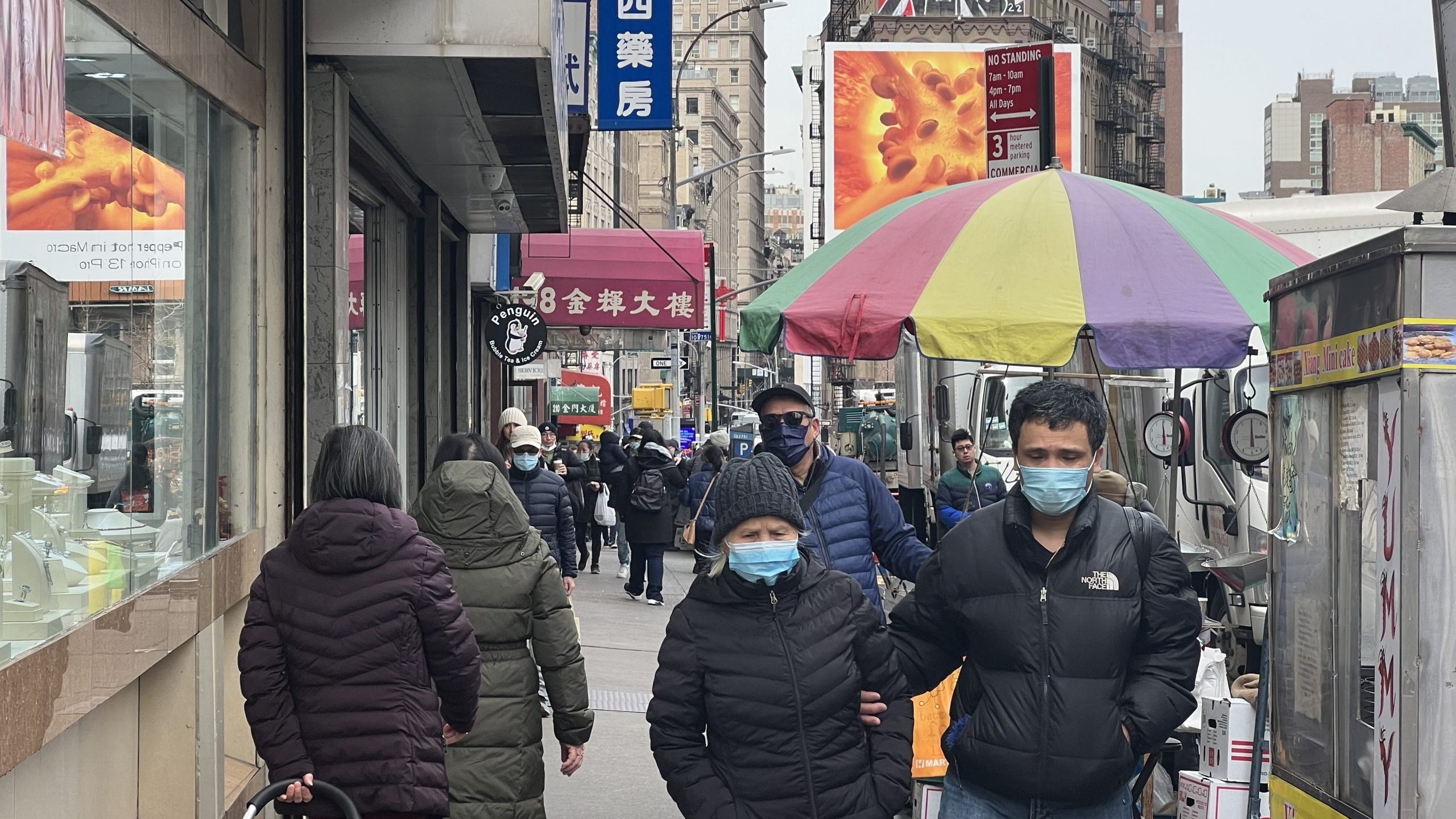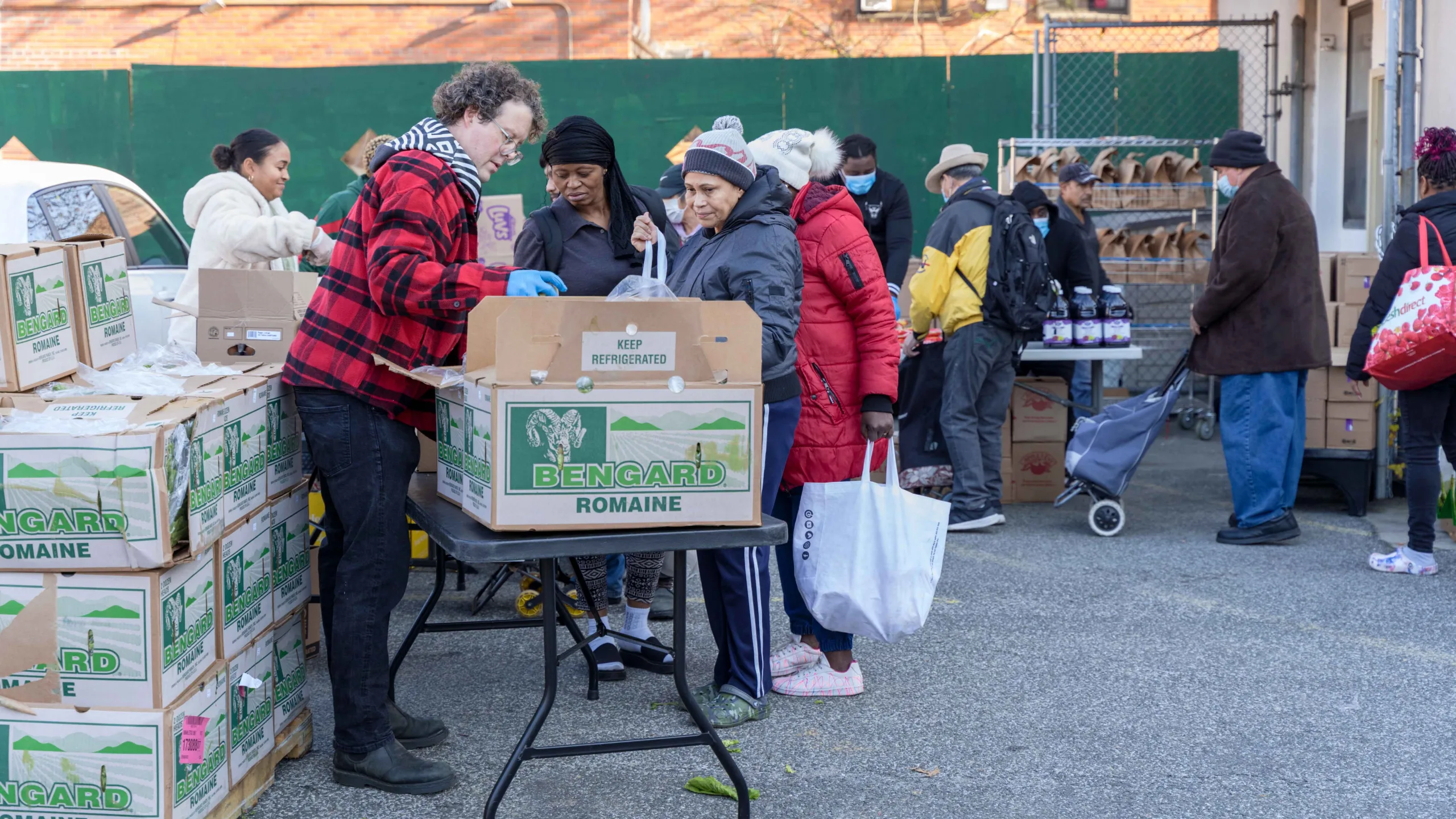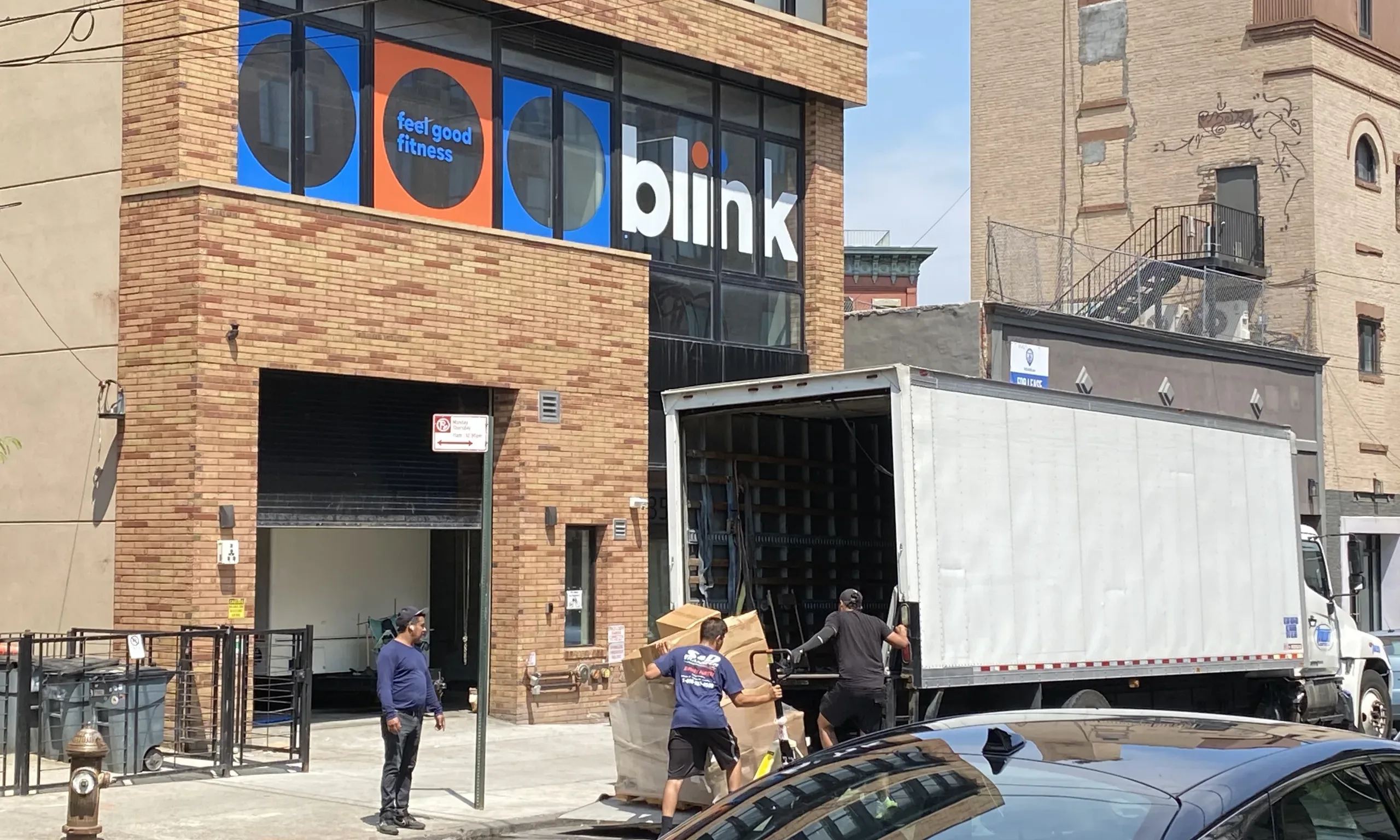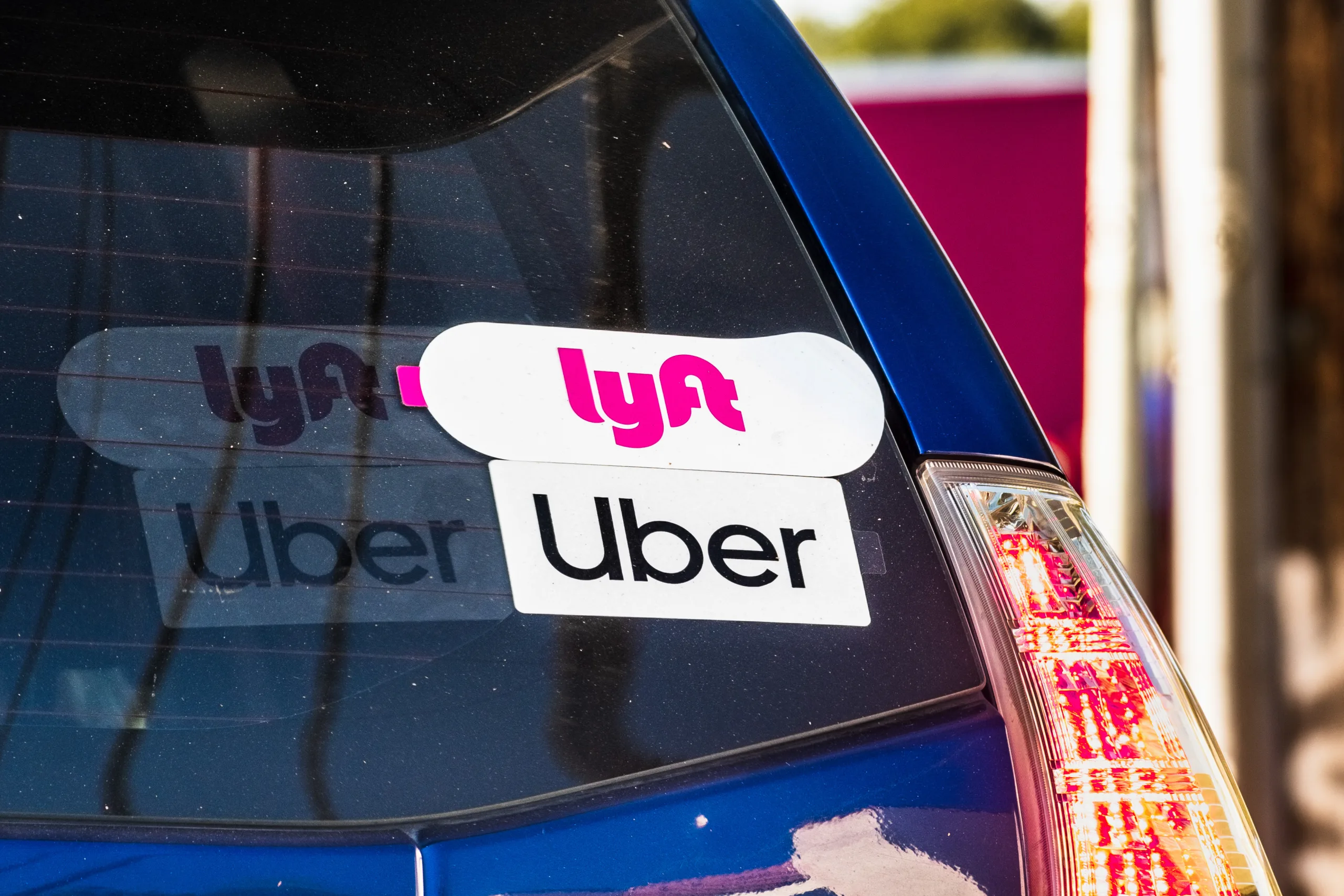In March, Gov. Kathy Hochul sent state legislators her 10-point public safety proposal that would tweak bail laws. While the plan faces strong pushback from about 30 New York organizations advocating for immigrant rights, it has received substantial support from influential Chinese civic society groups, whose constituents have been struck by a wave of anti-Asian violence. Supporters from the Chinese community believe that the proposal will improve public safety, while immigrant advocacy organizations say Gov. Hochul’s proposed bail reform changes could ultimately lead to negative immigration consequences, including deportation, for many individuals.
In 2019, New York City changes in bail laws scratched cash bail for most misdemeanor and non-violent felony charges, and instructed that judges consider an individual’s ability to pay when setting bail.
Gov. Hochul’s proposal, which was first obtained by the New York Post, would let judges take into account an individual’s criminal history and history of firearm use in determining the bail amount for the most serious felonies. Currently, judges must set the “least restrictive” conditions necessary to secure an individual’s return to court, the plan says.
By March 30, over 2,600 people signed a petition named “In Support of the Proposed Budget and Public Safety Plan That Strengthens Bail Reforms” and sent letters to different state representatives. The petition is sponsored by the Chinese Consolidated Benevolent Association (“CCBA”), the oldest community organization in Manhattan’s Chinatown. Chinese community organizations, including the Chinese Chamber of Commerce, Flushing United and the Concerned Citizens of East Broadway, shared the petition’s link via emails and social media to urge people to support Gov. Hochul’s proposal.
The proposed plan would also widen which crimes could be subject to arrest or eligible for bail. Under the plan, individuals who commit hate crimes would no longer be given desk appearance tickets; they would only be eligible for arrest.
The petition cited a recent poll by Siena College which showed that around 64% of 804 respondents say the 2019 bail reform law has resulted in an increase in crime and think it should be amended to give judges more discretion to set bail based on the seriousness of the crime or the individual’s criminal record. However, available data does not conclusively prove that bail reform has led to more crime, the New York Times reported.
Since the pandemic began, many major cities across the United States have seen an uptick in various crimes. It is difficult to parse what the cause of this uptick is and how changes to government policies or slashed budgets can affect crime rates.
Also Read: This Chinatown Street Has Been Shut Down Since 9/11, and Residents Are Fed Up
Data from the New York City Criminal Justice Agency shows that the rate of individuals who were rearrested while they were awaiting trial has mostly stayed constant since the 2019 bail law changes, remaining between 3 and 5 percent every month, the Times reported.
But according to data from the agency, the number of people who were charged with committing new violent felonies, after already facing violent felony charges and being released while they awaited trial, “has risen to 320 in the first quarter of 2021, compared with 259 in 2020 and 160 in 2019,” the New York Times reported.
According to the NYPD, crimes in the 5th Precinct, which covers Chinatown, have increased dramatically in the past year. Felony assaults in the Chinatown area from January 1 to March 27 have increased by 128.6% from the same time period last year, while the citywide increase was 19.1%.
The petition underlined that the proposal is about “saving lives in all communities” and acknowledged that crucial criminal justice reforms were needed to “reduce the senseless and needless suffering by Black and Brown brothers and sisters, by our transgender and gender non-conforming people.” It also noted that Gov. Hochul’s proposals “are not substantial rollbacks to those reforms, but rather key improvements.”
Also Read: NJ Bail Reform Creates Unintended Consequences for Immigrants
Raymond Tsang, President of CCBA, spoke highly of Gov. Hochul’s endeavor to reduce crimes in the state. On March 21, he and other leaders from communities of color attended a round table with the Governor’s Office and heard of Gov. Hochul’s plan.
“New York City as a whole has seen a drastic increase in crimes, and our AAPI communities have also suffered greatly due to the anti-Asian hate,” said Tsang. He mentioned that the mandatory desk appearance tickets have previously kept repeat offenders off the street, and several suspects involved in recent violent crimes in Chinatown have lengthy criminal records. “The Governor’s plan is very comprehensive and will right the wrong,” he added.
But this week, 30 New York organizations advocating for immigrant rights released a letter pushing back on the proposed plan to change bail laws, arguing that the plan would “expand criminalization and incarceration.”
The letter, which was addressed to Gov. Hochul, Lieutenant Governor Brian Benjamin, Majority Leader Andrea Stewart-Cousins and Speaker Carl Heastie, said that before bail reform laws were passed, sending immigrants to jail before trial would sometimes mean that individuals would be “coerced” to plead guilty in cases that advocates say were overcharged. This would often result in negative immigration consequences – including deportation and detention, advocates said.
The organizations who signed the letter include The Bronx and Brooklyn Defenders, Make the Road New York, the New York Immigration Coalition, the Legal Aid Society and the Immigrant Defense Project.
Also Read: What Does Chinatown Hate About the Plan to Close Rikers? Almost Everything
“New York must invest in real solutions for community safety,” the letter said. “We call on you to do right by all New Yorkers—including immigrant New Yorkers—and not resort to the failed policies of mass incarceration.”
Due to bail reform, fewer immigrants in New York were at risk of detention and deportation while they resolved their criminal cases, said Yasmine Farhang, the director of advocacy at the Immigrant Defense Project. Bail reform gave immigrants a chance to “have their opportunity to resolve their case in a way that would not put them in harm’s way when it comes to ICE [Immigration and Customs Enforcement],” Farhang said,
“If we see bail reforms roll backs,” Farhang said, “we’re going to necessarily see more immigrants facing more immediate risk of detention and deportation.”
In a New York Daily News Op-ed released last week, Gov. Hochul and and Lieutenant Gov. Benjamin said placing the blame on bail reform “for the increase in violence that cities across America are facing isn’t fair and isn’t supported by the data.”
But, they added: “That doesn’t mean the bail law as it currently stands is perfect, either. When one out of four people arrested for gun crimes goes on to be re-arrested, we haven’t done enough. These repeat offender rates were a failure before bail reform, and they remain a failure today.”
Farhang, from the Immigrant Defense Project, also said that data did not show any potential rise in crime being related to bail reform, highlighting that Gov. Hochul’s Op-ed echoed this very point. “No direct connection has been made,” she said. “And we believe that in fact the purported connection is simply being used as a way to advocate for incarceration instead of community safety.”
TestPost3
As budget negotiation advances in Albany for the fiscal year that starts April 1, Tsang and many Chinese community leaders feel it is a “timing issue” to urge more people to support Gov. Hochul’s plan, “I don’t think anyone in the community would say ‘no, I don’t support this.” However, Tsang also pointed out that this petition received little explicit support from local elected officials, “they are very touchy about it.” Tsang said.
Some Chinese immigrants also backed up Gov. Hochul’s plan. “Sometimes I’m terrified of going to the senior center in Chinatown nowadays, “said Zhenger Ke. The 73-year-old lady used to take the J train from Woodhaven to Manhattan Chinatown every day before the pandemic, “after I heard so many crimes happened across the city, I am always on tenterhooks when I take the train.” Ke hoped to feel safe when going outside, “I think Hochul’s plan will improve public safety.”
Han Yu (pseudonym), a street vendor who has been selling handmade cards on Canal Street in Chinatown for over 20 years, said that he not only supported Gov. Hochul’s plan but also hoped she could strengthen it. “The safety condition has deteriorated in recent years.”
Yu said 3 or 4 of his friends were hit or attacked on the street or in the subway during the pandemic, “Criminals have to face the consequences, and laws have to be enforced. Otherwise, it will be us, ordinary people, to pay the price.” He also agreed that judges should be given more discretion to set bail, “to avoid injustice happening to Black or Brown communities, we should let professionals make right decisions,” added Yu.












